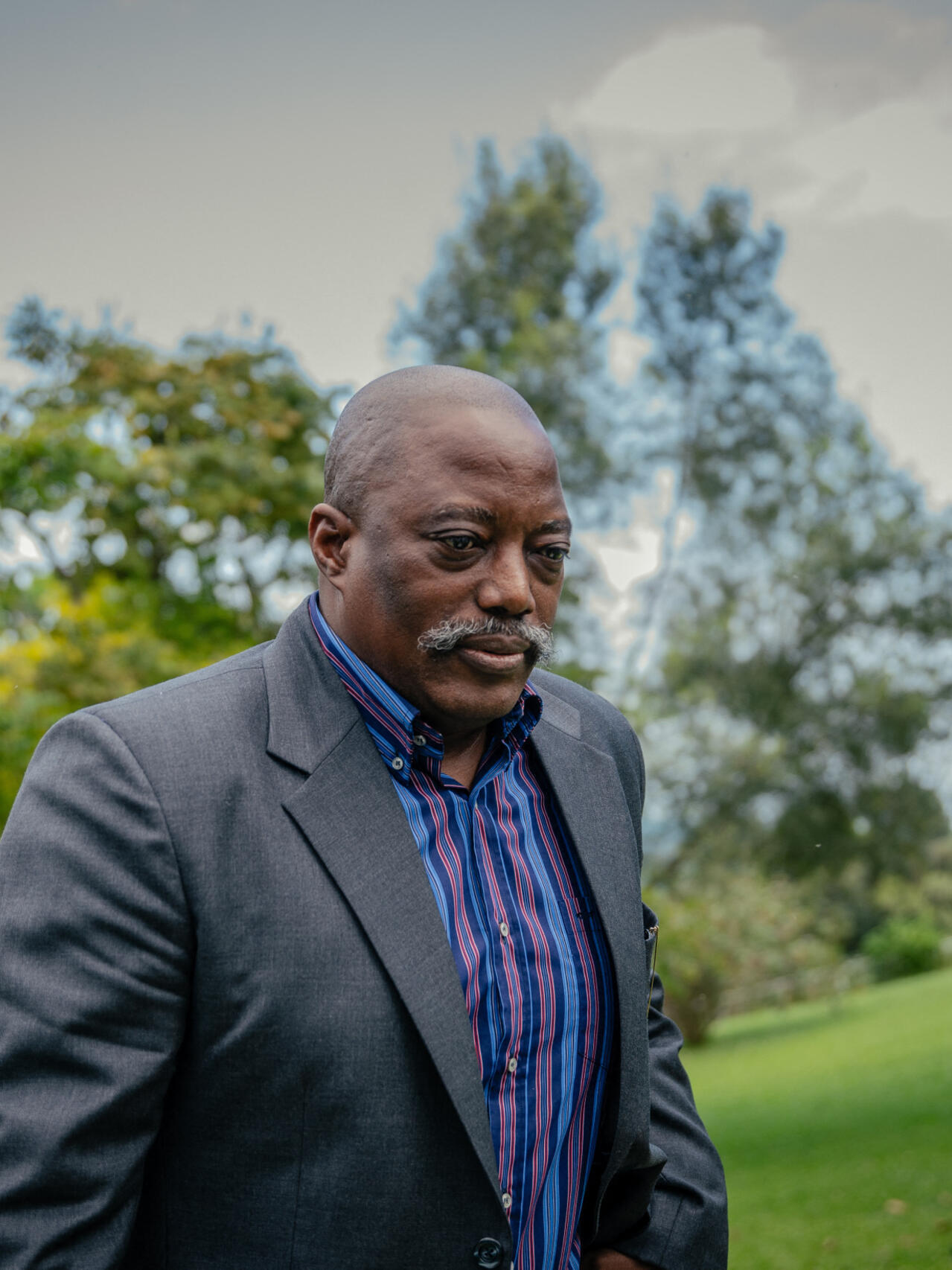 Tuesday, Sep 02, 2025
Tuesday, Sep 02, 2025
Ex-Congo Leader Kabila Faces Death Penalty
Kinshasa, September 2025 — The political landscape of the Democratic Republic of Congo (DRC) has been shaken by a stunning legal development: prosecutors have formally requested the death penalty for former President Joseph Kabila, accusing him of grave war crimes and crimes against humanity committed during his years in power. The demand represents one of the most dramatic challenges to a former African head of state and raises difficult questions about justice, accountability, and stability in a nation already scarred by decades of conflict.
The Prosecutor’s Case
According to legal filings presented this week in Kinshasa, Kabila is accused of authorizing and enabling atrocities during the violent years following his father’s assassination in 2001, when he rose unexpectedly to the presidency. The charges center on widespread killings, forced displacements, and the systematic use of armed groups in mineral-rich provinces.
Prosecutors allege that Kabila’s government either directly oversaw or tacitly permitted armed units to target civilians in restive areas, particularly in eastern Congo. Reports cite massacres, indiscriminate bombings, and the deliberate use of sexual violence as a weapon of war. If upheld in court, these accusations could mark one of the rare occasions when a sitting or former African president is formally pursued for the ultimate punishment.
Historical Context
Kabila, now 54, led the DRC from 2001 until 2019, making him one of Africa’s longest-serving leaders of the modern era. Initially welcomed as a stabilizing figure after his father Laurent-Désiré Kabila’s assassination, he soon came under criticism for consolidating power, delaying elections, and presiding over what international watchdogs described as systemic corruption.
His presidency overlapped with some of the bloodiest episodes in Congo’s modern history, including the latter phases of the Second Congo War and continuing conflicts in the Kivu provinces. Human rights groups long accused his administration of turning a blind eye to atrocities or exploiting chaos to tighten his rule. Yet, until now, no Congolese court had sought to hold him personally responsible.
The Demand for the Death Penalty
The decision to request capital punishment, rather than life imprisonment, signals the severity with which the Congolese judiciary is framing the case. Congo still retains the death penalty in law, though executions have been rare in practice. For many observers, the prosecutor’s bold stance is meant not only to address past crimes but also to send a powerful message about impunity at the highest levels of leadership.
Legal analysts point out that seeking the death penalty against a former president is unprecedented in Congo’s history. Some suggest it could set a precedent for other African nations grappling with accountability for leaders accused of mass violence.
Mixed Reactions at Home
Reactions within Congo have been sharply divided. Supporters of the move argue it is a long-overdue step toward justice. For families of victims in eastern provinces, the announcement has stirred hope that decades of suffering may finally be acknowledged in court. Civil society groups in Goma and Bukavu issued statements applauding the courage of the prosecutor’s office.
Yet Kabila still commands loyalty in certain circles, particularly among political allies who benefited from his years in power. His supporters dismiss the case as politically motivated, orchestrated by rivals seeking to erase his influence. They warn that targeting a former head of state in such a manner risks destabilizing fragile political balances in Kinshasa.
International Response
The international community has reacted cautiously. Human rights organizations welcomed the attempt to hold a powerful figure accountable but voiced concern about the call for capital punishment. Amnesty International and Human Rights Watch reiterated their opposition to the death penalty, urging Congo to prioritize fair trial standards and avoid irreversible sentences.
Foreign governments, while refraining from overt criticism, are monitoring the case closely. Some diplomats fear that such a high-stakes trial could inflame tensions or be used selectively to settle political scores. Others believe it may offer a unique opportunity for Congo to prove its commitment to justice and reform.
Kabila’s Defense
Kabila has so far remained silent publicly, though his legal team strongly denies the allegations. His lawyers argue that the prosecutor is attempting to rewrite history and scapegoat a former leader for the chaos of a war-torn country. They insist that Kabila himself consistently sought peace agreements, citing his role in brokering the 2002 accords that officially ended the Second Congo War.
Privately, allies suggest Kabila may resist appearing in court, raising the possibility of a standoff between the former head of state and the judiciary. Questions remain about whether the government has the political will—and the capacity—to enforce a trial against such a high-profile figure.
What’s at Stake
The case against Joseph Kabila is more than a legal battle. It is a test of Congo’s ability to confront its troubled past and redefine accountability for its leaders. A conviction could embolden victims of war crimes to pursue justice, while an acquittal—or a collapse of the case—could deepen cynicism about the country’s institutions.
For the youth of Congo, many of whom see themselves as inheritors of a wounded but resource-rich nation, the trial symbolizes a crossroads. Will their country break free from cycles of impunity, or will it once again show that power shields its own?
Conclusion
As Congo prepares for what could be one of the most consequential trials in its post-independence history, the stakes are enormous. Joseph Kabila, once the face of continuity after his father’s death, now stands accused of betraying the people he was meant to lead.
Whether the prosecutor’s call for the death penalty is realized or reduced, the process itself will shape Congo’s reputation on the continent and beyond. For the victims of war crimes, justice may finally feel within reach. For Kabila, the man who ruled for nearly two decades, the shadow of history has come calling—and this time, it carries the weight of the ultimate sentence.
Latest News
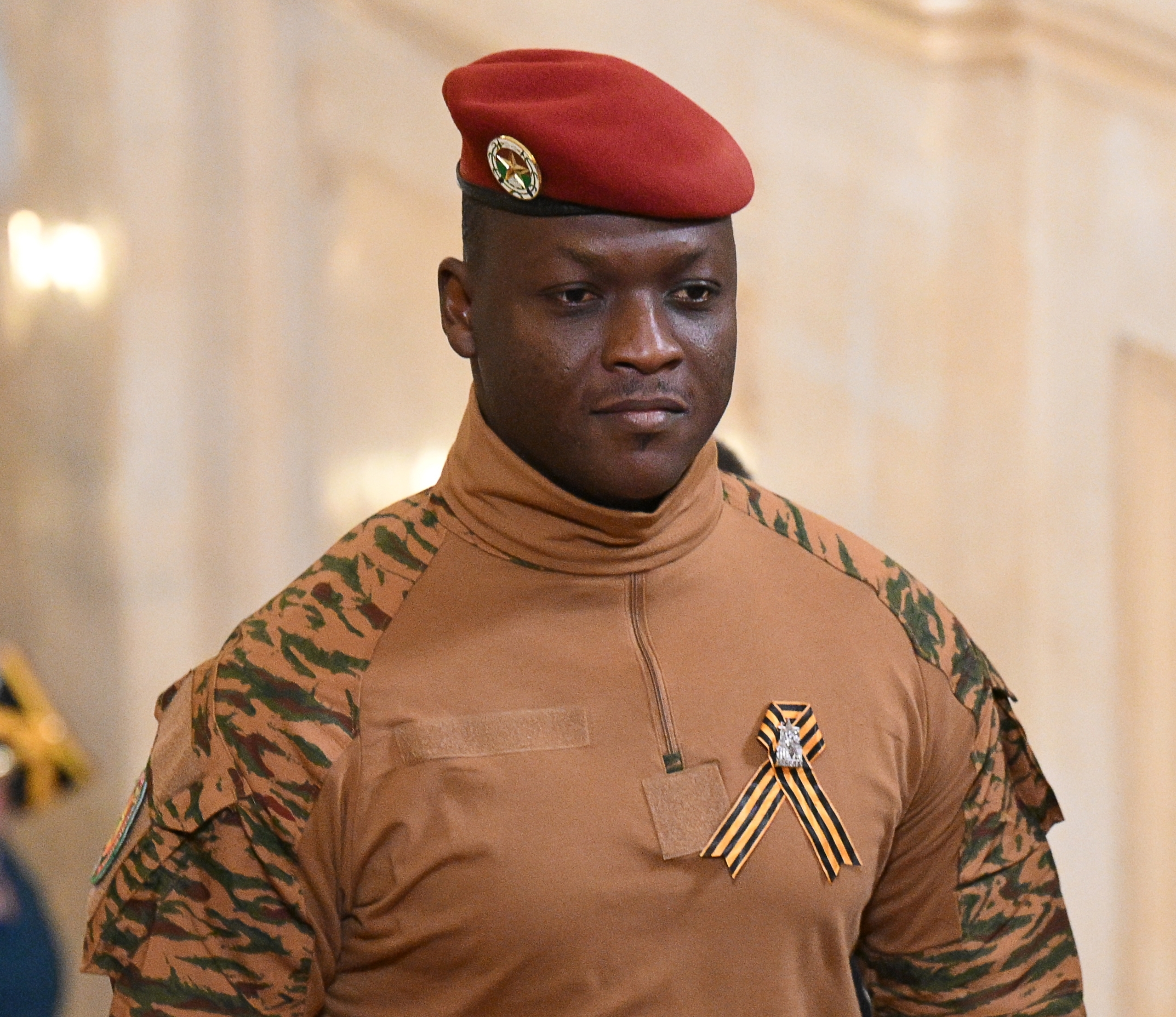
Burkina Faso Criminalizes LGBTQ Practices
read more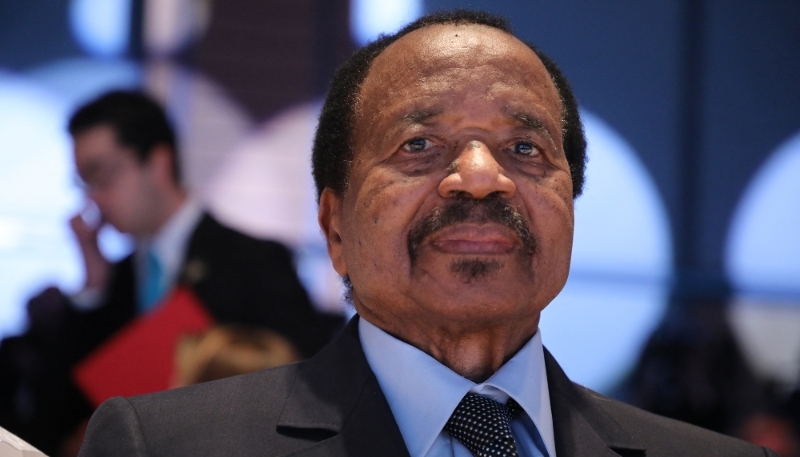
Cameroons Presidential Elections Oct 12th.
read more
Ex-Congo Leader Kabila Faces Death Penalty
read more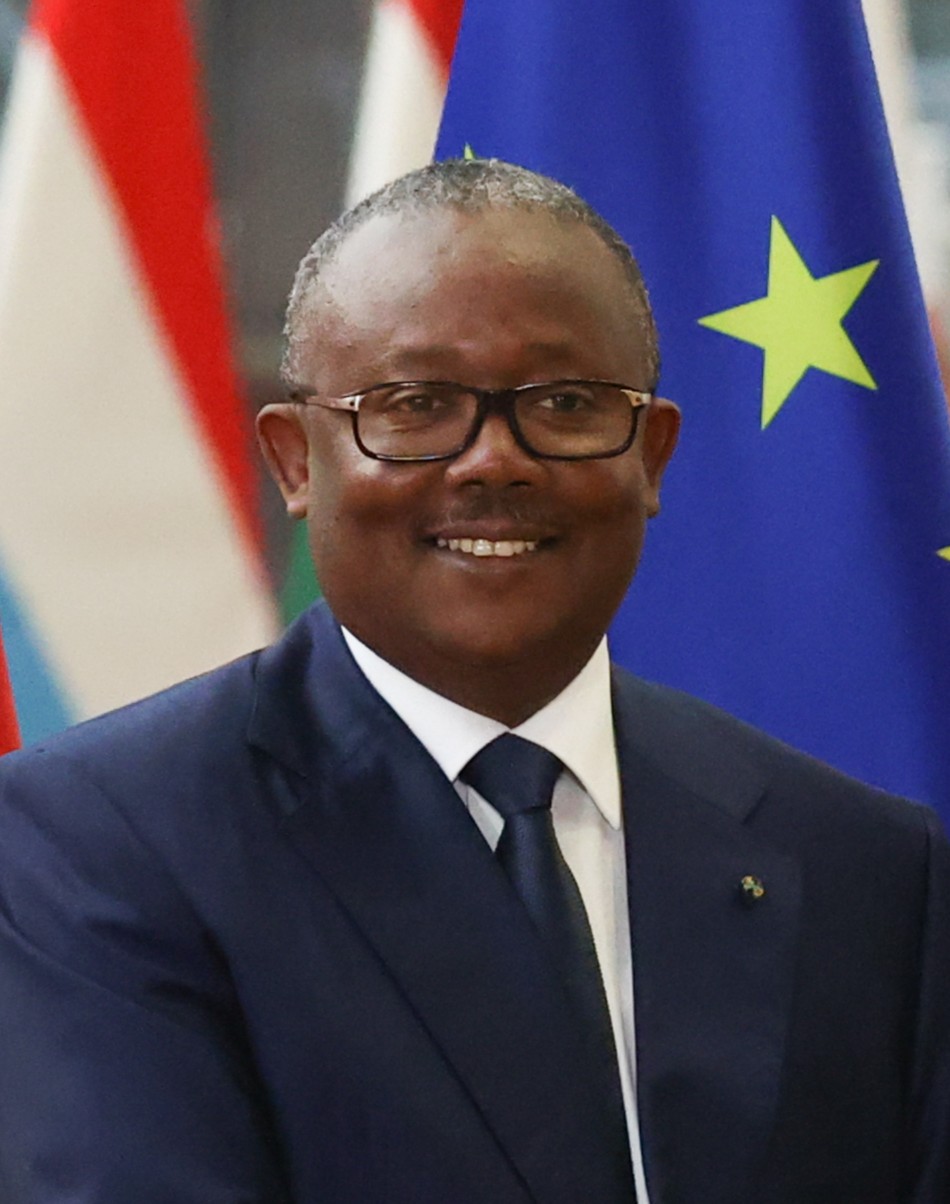
Guinea-Bissau's president stays in office beyond term.
read more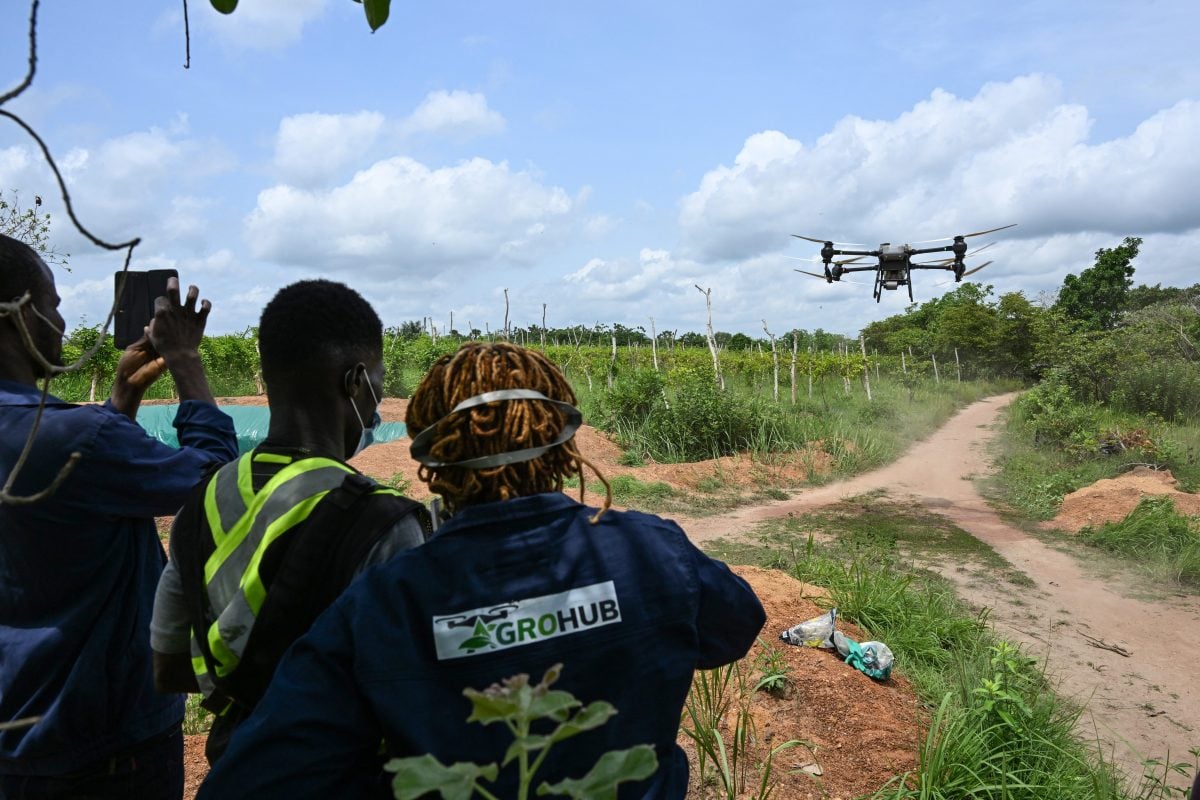
Africa's Young Innovators lead the Business way.
read morePizza Hut
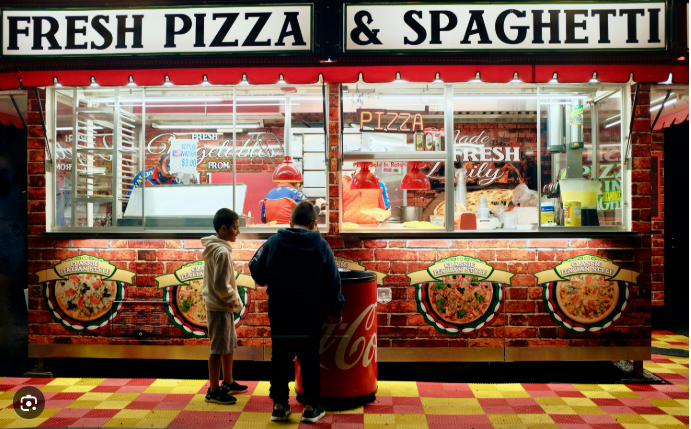


 Live TV
Live TV  Live Radio
Live Radio